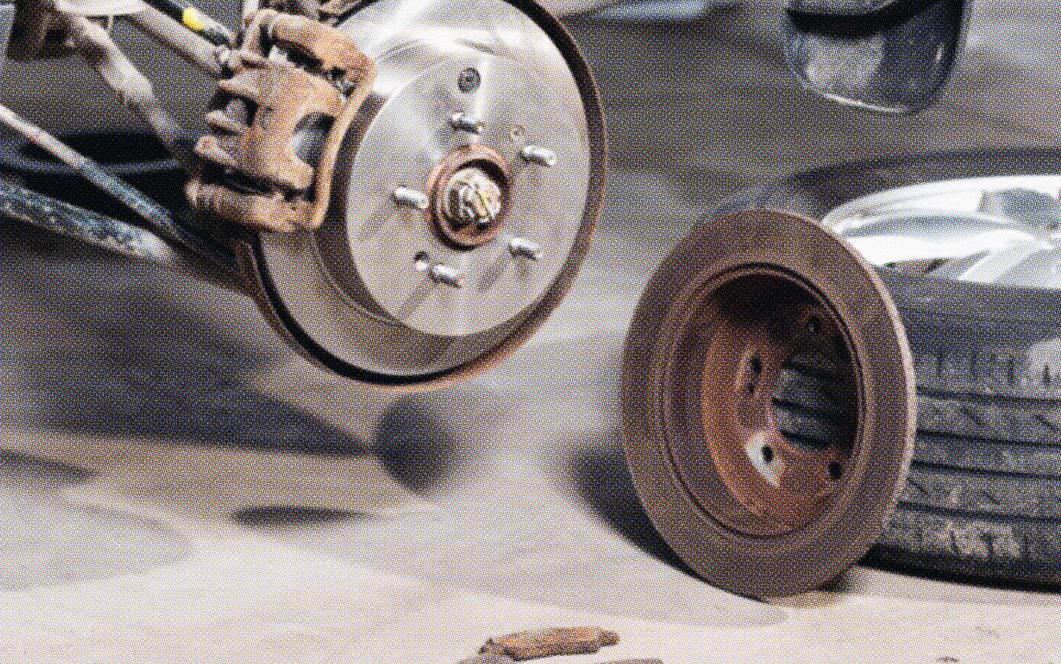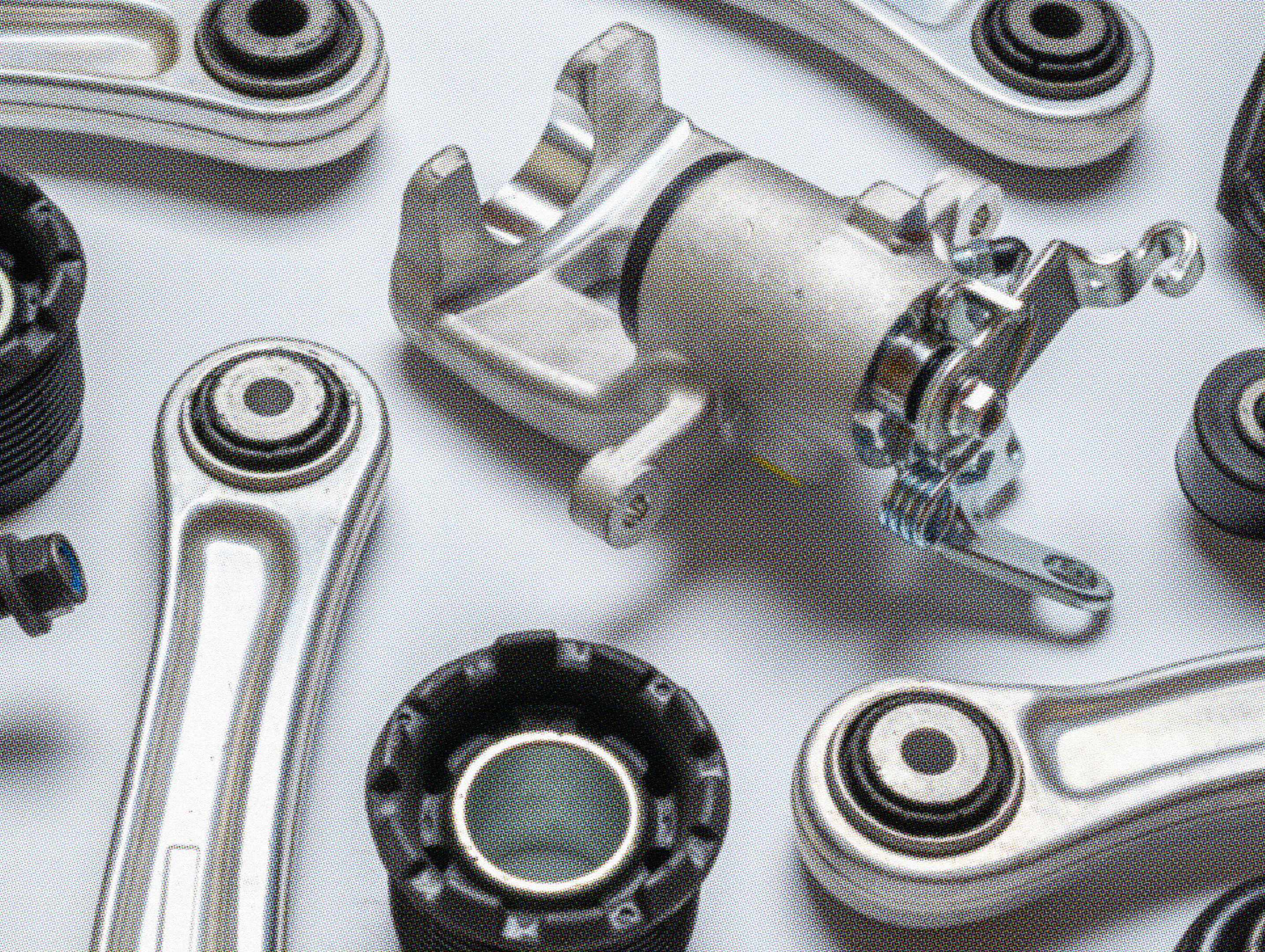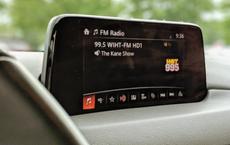3 min read
If you’ve had a breakdown, heard some strange sounds coming from your engine, or noticed something’s wrong with a thingamabob on your car, then you may need to shop around for a replacement part.
The big question will be: shall I purchase Original Equipment Manufacturer parts (or OEMs for short), or aftermarket parts? But you may have some even bigger questions, like: what even is an OEM? Or: is it time to just sell my car to Peddle…!?
It’s OK, it can be pretty confusing trying to decide what brand catalytic converter to buy, or whether to shop around for filters—especially if you’re not a natural grease monkey. So let’s go back to basics and take a look at the things to consider when buying replacement parts for your car.
what are OEM parts?
OEM parts are the parts and components installed by the manufacturer when your car was originally made. These could be made by the car manufacturer itself, like Honda, Subaru or Ford, or they could be outsourced to a third party that specializes in that particular part and makes them specifically for the manufacturer.
what are aftermarket parts?
Aftermarket parts are components that were made by other manufacturers and not supplied for the original production of your car.
when to consider getting OEM parts
The biggest benefit to buying OEM parts is that they are guaranteed to fit perfectly with your car. They are the exact size and fit and designed to work fluently with your vehicle.
While some parts are easier to replace, certain components like body panels or critical mechanical infrastructure may be manufactured to the millimeter and an aftermarket component with the slightest variation could make a big difference.
Plus some aftermarket parts, like catalytic converters, could lower your car value if it has less or is missing some of the precious metals found in the OEM parts.
OEM parts will also be designed to meet warranty requirements and tend to last longer.
The downside to OEMs is that they are expensive. Federal law requires the manufacturer to produce replacement components for 10 years, but after supply can dwindle, pushing prices up.
So the older a car gets the harder it is to track down OEM parts—and the more expensive it is too.

when to consider aftermarket parts
Well, if you’ve got an older car, it may be necessary to find aftermarket parts. That could be because OEMs are no longer available, or they don’t fit your budget.
While it may be recommended to get OEMs for certain key components, for other less valuable parts there may be little difference in quality. Filters, hoses and lights are good examples of parts that are worth shopping around for.
To sum it up: for fit and function, OEM parts are a winner. But if availability and price are tripping you up then it may be time to consider aftermarket parts.
If shopping for parts is making you wish you could simply part ways with your car, then check out Peddle. We’ll buy your car on the spot—no matter how well it runs.
Related articles
Finally retiring old-trusty? Get an offer in minutes-it's easy as pie


